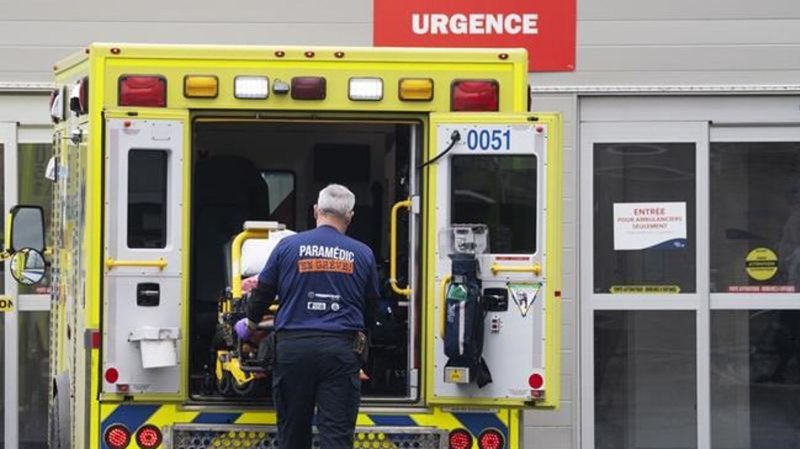
Rise in COVID hospitalizations, Buy American challenges : In The News for April 19
In The News is a roundup of stories from The Canadian Press designed to kickstart your day. Here is what’s on the radar of our editors for the morning of April 19 …
What we are watching in Canada …
Hospitals across Canada are seeing a resurgence of COVID-19 patients.
Latest data from the Public Health Agency of Canada shows hospitalizations due to COVID-19 rose about 18 per cent across Canada between April 4 and April 11 — to 6,020 people needing beds from 5,109.
